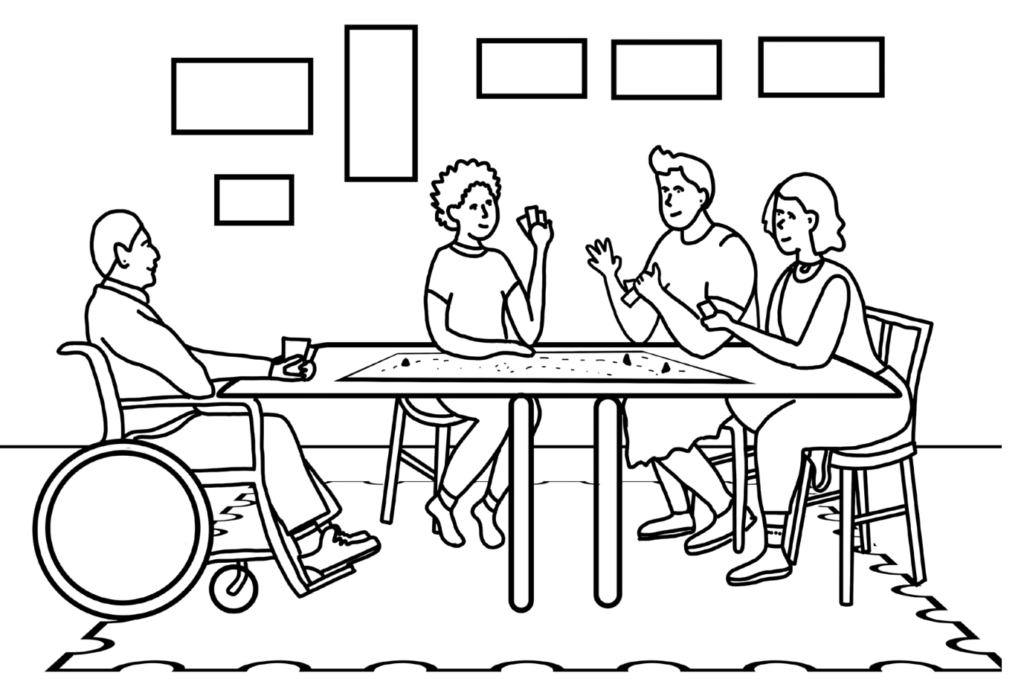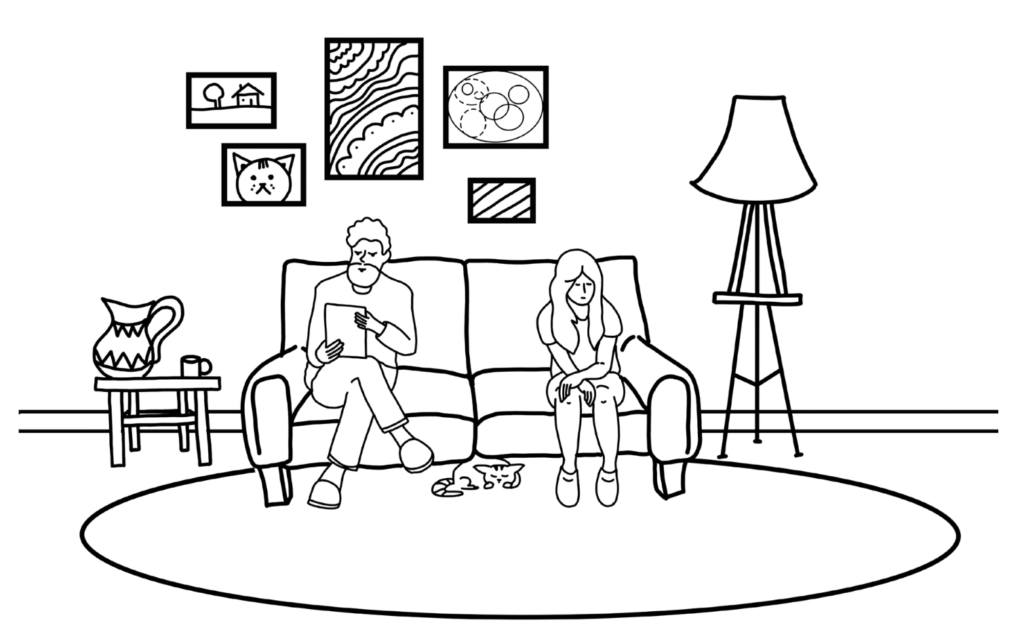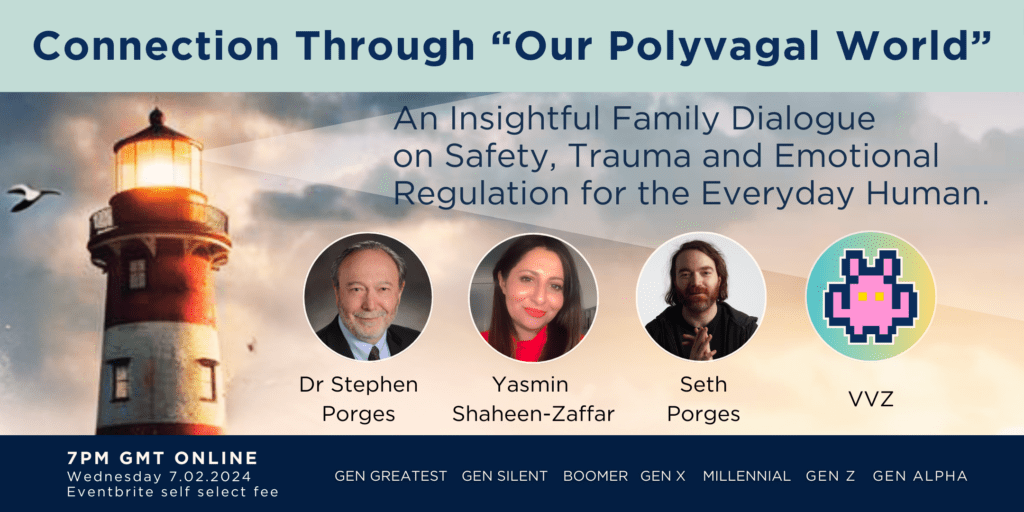Home » About Us & The Creator – Yasmin Shaheen-Zaffar
About - Yasmin Shaheen-Zaffar | Polyvagal Teen®
- who we are and why we exist
As the founder of Polyvagal Teen®, my mission is to revolutionise mental health education by making psychoeducation engaging, neuro-affirming, and accessible. Because learning how the nervous system works shouldn’t feel clinical or cold; instead, it can be practical, relatable, and even enjoyable. Through polyvagal theory, we turn neuroscience into everyday tools. As a result, our resources help young people – and the adults around them – spot patterns, name states, and choose one helpful next step. In turn, that means steadier days at home, in classrooms, and in practice.
Begin with the free R.U.D Process®: a one-page guide to increasing self-awareness and diffusing tough moments.
Why Polyvagal Teen®?

Hi, I’m Yasmin Shaheen-Zaffar – a polyvagal theory educator and BACP-accredited trauma and relationship counsellor. I founded Watoto Play and created Polyvagal Teen®. Because one-to-one therapy isn’t accessible to everyone, I design simple tools that scale.
Polyvagal theory changed my life, and as a result, I went from an always-shouting mum to a sometimes-shouty one. So now, I turn neuroscience into everyday practices you can actually use.
In practice, that means teen-friendly resources for nervous system regulation – without jargon or shame. In addition, I create neuro-affirming, trauma-informed supports for teens and tweens, families, educators, wellbeing practitioners, and organisations.
Therefore, whether you live or work with young people, you’ll find clear visuals, micro-practices, and shared language that help you co-regulate, reduce flare-ups, and recover faster. In short, I help you build steadier, more authentic relationships—at home, in classrooms, and across services.
Yasmin Shaheen-Zaffar - lived experience & leadership
Accessibility & inclusion

We design for the neurodiverse, modern family and the teams who support them. Our resources are:
Neuro-affirming (visual, concrete, choice-based)
Trauma-sensitive and prevention-focused
Culturally aware and accessible (clear language, flexible formats)
Grounded in real-world constraints (time, energy, resources)
We Work With

Wellbeing Practitioners
Whether you are a counsellor, coach, psychologist, G.P, youth worker or working in CAMHS, community services - we provide session-ready tools for teens, emerging adults, and families. Engagement can dip when clients feel overwhelmed or shut down. You need prompts and micro-practices that open the conversation quickly, fit short sessions, and transfer to home and school - especially for neurodivergent clients.

Families (parents & caregivers)
Polyvagal-informed tools for everyday family life.
Mornings explode, homework derails, bedtimes stretch. You know how you “should” respond - but in the moment, it’s hard.
You need tools and visuals that work through tough moments and make days steadier, especially with neurodivergent teens and tweens where emotional regulation is challenging.

Educators (schools, AP, SEND)
Polyvagal theory for classrooms and corridors that stay steadier. When stress spikes, emotional contagion can ripple through a class in seconds. Transitions unravel, behaviour incidents rise, and responses vary from teacher to teacher. Staff want a shared approach that’s practical, inclusive, and doable with limited time. Tools that support reducing stress and burnout.

Organisations (services, charities, trusts)
Consistent, polyvagal-informed practice across teams. Services - whether charity or corporate want fewer incidents, better safeguarding conversations, and approaches that survive staff turnover. You need policy-friendly, accessible tools that are neuro-affirming and practical across roles-from leadership to front-line practitioners.
Part of Watoto Play
Our Polyvagal Teen® Resources

Polyvagal theory
made practical for teens & tweens
Simple, science-backed tools for anyone who lives or works with teens or tweens – built to create steadier days at home, in classrooms, and in practice.
- Polyvagal theory made simple – learn by doing with clear, practical tools for real life.
- Backed by science and research: evidence – informed resources that turn theory into everyday actions.
- Learn what behaviour really is – behaviour is driven by the nervous system.
- Understand why feeling safe matters – how safety cues shape relationships, learning, and your teen’s choices.
- Know your nervous system – support steadier responses in tough moments (home, school, practice).
- Track nervous-system patterns – simple ways to notice sensations, cues, and triggers in your teen and yourself.
- Understand trauma – and first steps to heal with gentle, trauma-sensitive guidance focused on prevention and repair.
- Neuro-affirming for ADHD/autistic young people – concrete, visual, choice-based tools that actually get used.
- Created by a qualified professional – programmes and resources by a BACP-accredited counsellor with lived experience.

